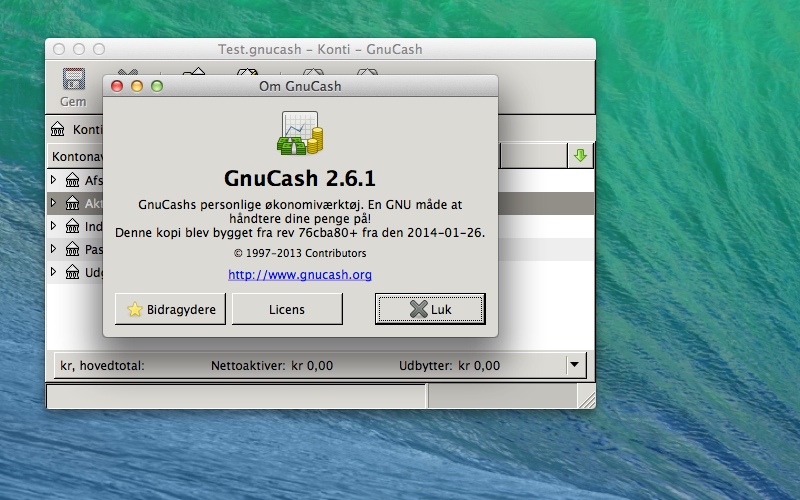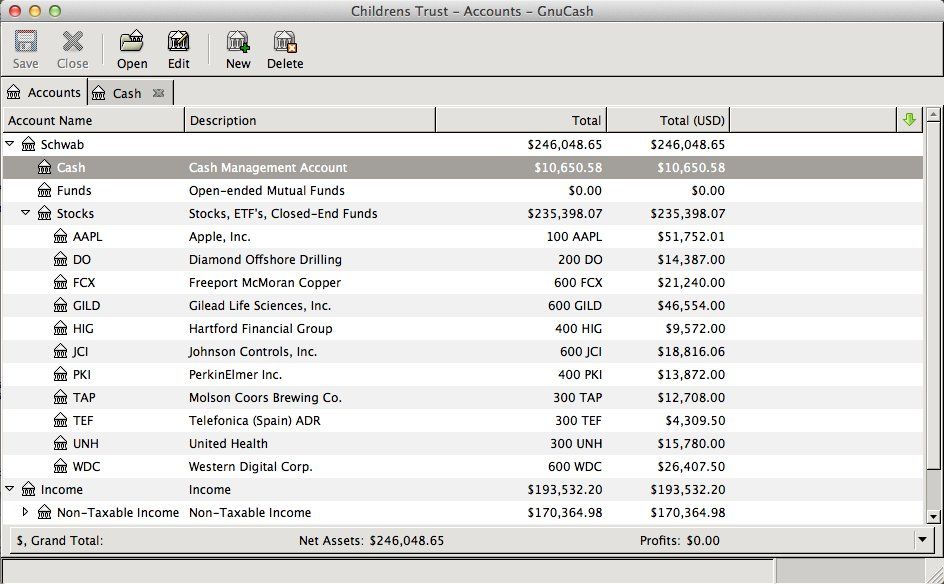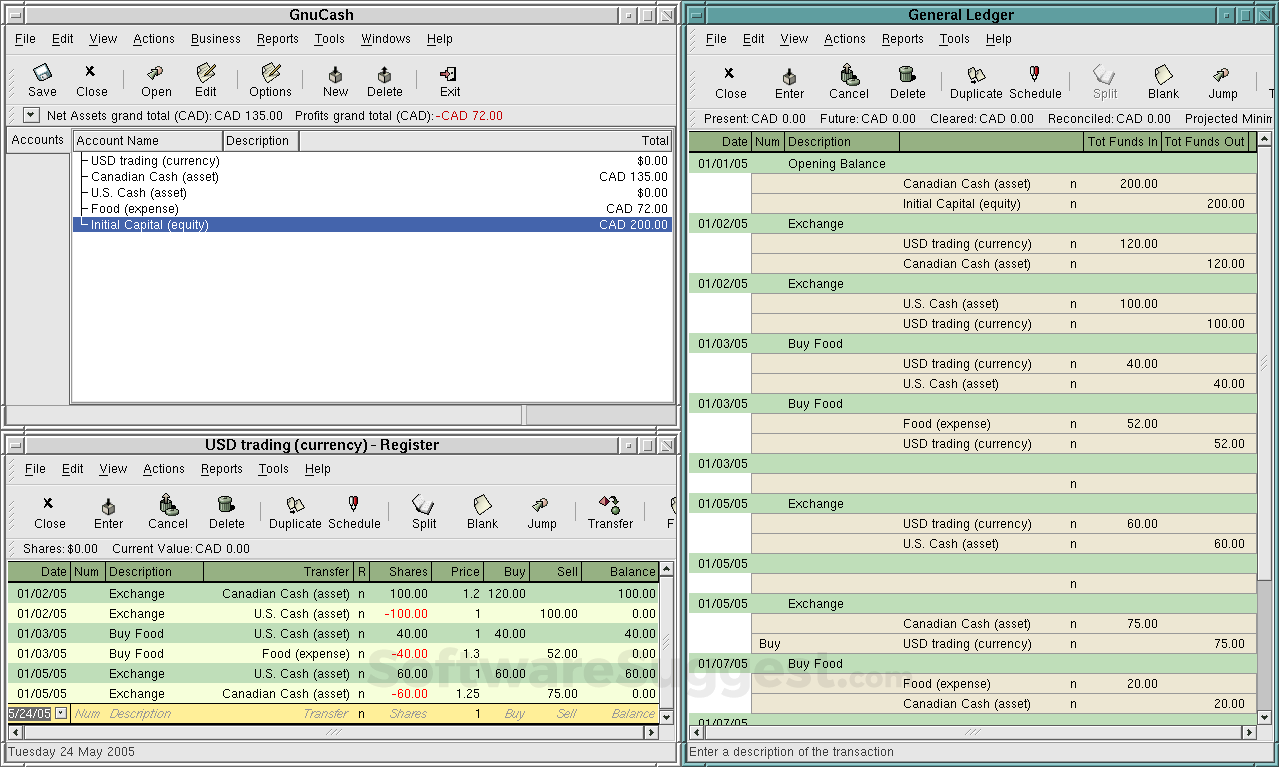

Must have good performance (large data files usually mean poor performance). See 'lots.txt' for details.ĪPI: Lots: Core Function for AR/AP, Inventory, Stock Lots, Cap Gains

depend on the dates of the originating transaction. When a book is closed, the entire lot must be brought forward, and not just the account balance, because depreciation, capital gains, taxes, etc. Lots are a way of identifying that an item bought in one transaction is the same as that sold in another transaction. Note that the correct handling of depreciation, capital gains and other similar accounting concepts requires 'Lots' to be correctly handled. Opening balances are zeroed for income and expense accounts.) (But only for asset, liability and equity accounts. Note that the closing balances of a closed book must be carried forward as the opening balance in the next book. The provision against modifying a closed book helps ensure correctness, and discourages cheating. Generating a report from a closed book tells you how well you did for that year (or quarter). Books are typically closed once a quarter, or once a year.

This file reviews the implementation design choices and the current design status.Īn accounting period or 'book' is a set of accounts and transactions that, once closed, must never be modified again. Partial support for books has been added to the GnuCash engine and a GUI is partially finished. Implementation Overview Linas Vepstas December 2001Ī top, unimplemented request for GnuCash is the ability to 'close the books', that is, to add support for 'accounting periods'.


 0 kommentar(er)
0 kommentar(er)
